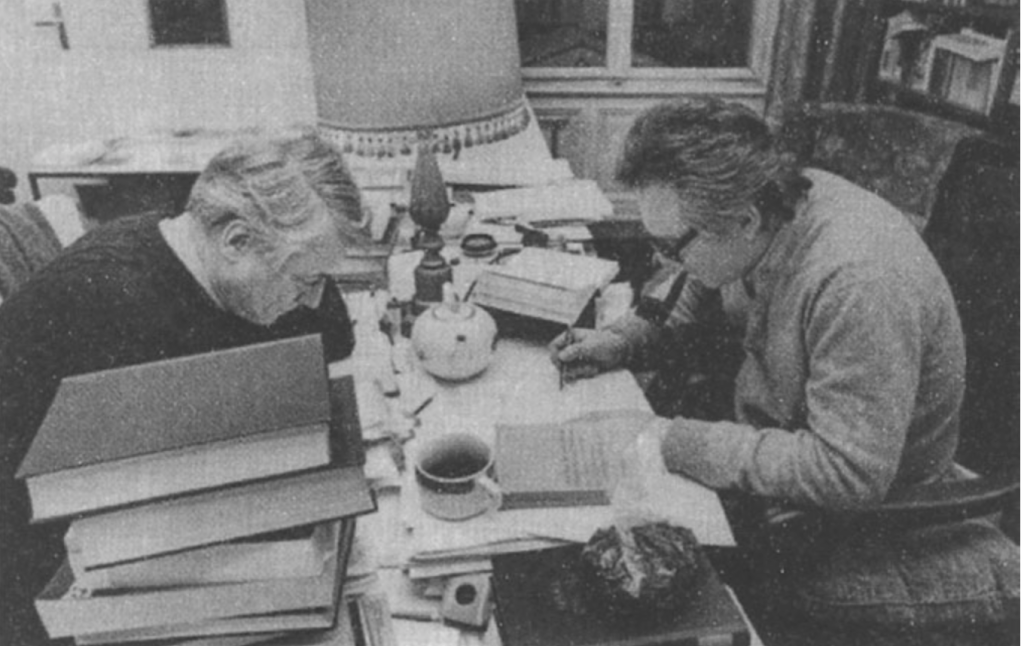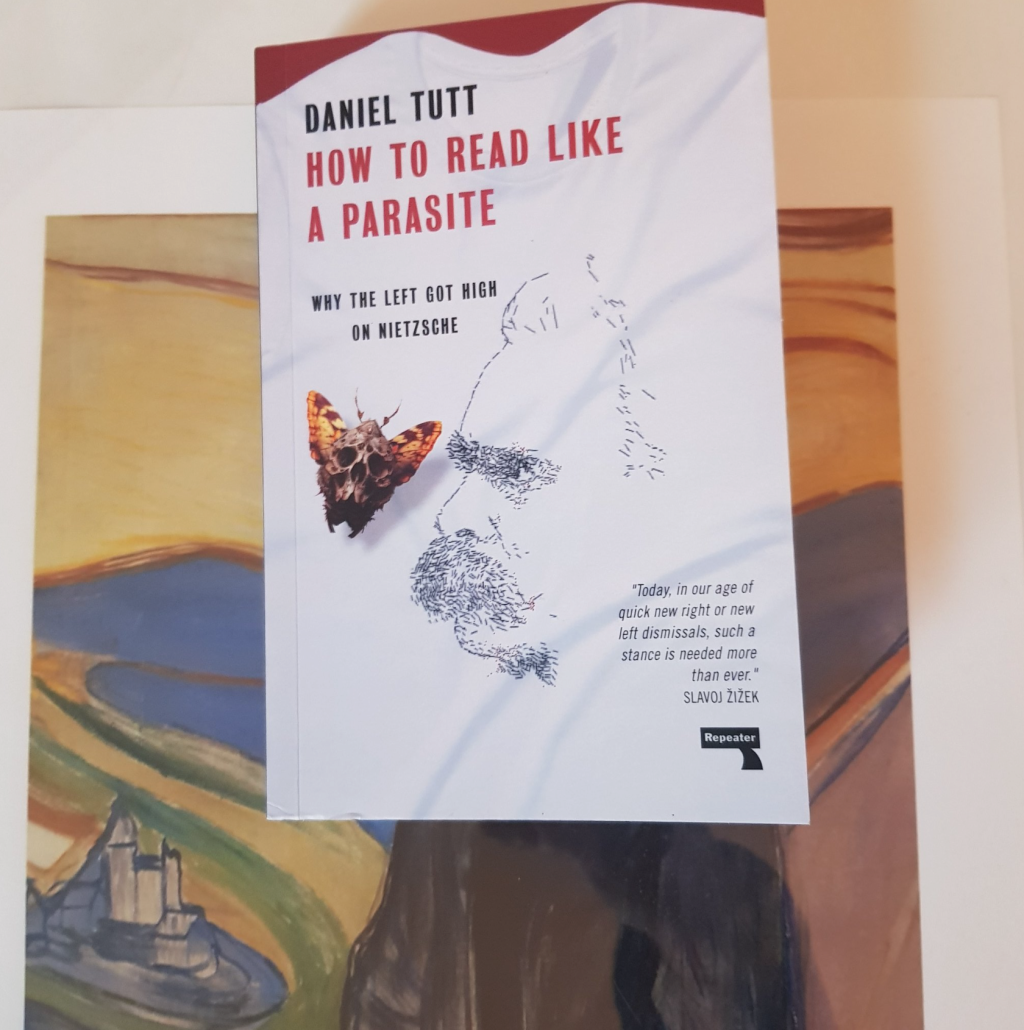Since I have been away from writing essays and blogs for some time, it might be of interest to readers that I share the abstract of my dissertation that I have been working on, and have just finished. This is my penultimate draft and I plan to defend it this August. Overall, I feel good about it, and despite the immense challenges of time that it took to write, which were not easy on my family, I did thoroughly enjoy writing it.
As you can see, it combines many of my primary interests: late continental ethical and political thought, Lacanian psychoanalysis, identity, justice, love and affects. The focus on community is of interest to me as community links to secular religious problematics that I have been interested in exploring for some time.
Abstract:
What this dissertation seeks to evoke is a theory of community based in an analysis of the work of four contemporary philosophers: Alain Badiou, Ernesto Laclau, Jean-Luc Nancy and Slavoj Žižek. The main argument of this work is that across these four diverse philosophical projects, a framework emerges for thinking community, a new set of conceptual and theoretical ideas that present a significant contribution to the philosophical understanding of community in the history of western philosophy. This dissertation uses a comparative approach and grounds the work in an etymology of community from the Latin communitas: munus meaning the “gift,” and cum, meaning “together.” I argue that the munus as gift is what puts in jeopardy individual identity as well as identity founded on the Other, and I locate this mode of thinking the munus as communitas – a rare version of community that emerges through an act, decision or event. What annihilates community-as-communitas is what I term immunitas, which is a defense against the singular features of communitas.
I open this study with a theory of contemporary immunitas using the framework of Roberto Esposito, but I significantly expand his theory and apply three new paradigms outside of biopolitics, including psychoanalytic, alienated social being and logical forms of immunitas. Chapter one situates contemporary theories of community through a genealogy of community in Rousseau, Kant, Hegel, Heidegger and Bataille that looks specifically at how each thinker treats the question of the munus of community.
Chapter two examines the ways that the ontology of each thinker contain a theory of rupture with ontology or being qua being and develops how this rupture with being constitutes an alteration to the social field. I argue that rupture with ontology makes a theory of community unstable and empty. While this rupture no longer relegates the community to the periphery of the social, it makes any thinking on community pre-political, and by extension, ethics is suspended and politics elevated as a privileged site of intervention.
Overall, part one argues that the munus is that which cannot be integrated into the community, and remains foreclosed within the sphere of the social. However, a theory of rupture enables a thinking of communitas to emerge that is able to break with the reigning modes of immunitas – I term this theory of rupture ‘transcendence.’ Part two turns to the question of the cum and the munus as a problem of alienated social being and begins with an analysis of Lacan’s theory of alienation. It then tracks how Lacan’s ethics is revised in each thinker into a new mode of ethics, what I call an ‘ethics of singularity.’ The ethics of singularity seeks a movement out of the relationship of an ethics of commitment, care or duty to the Other and posits a singular, non-relational theory of ethical engagement that privileges political interventions. I argue that the munus must be thought of as objet petit a and not as the Freudian das Ding, as this mode of thinking the munus leads to a tragic deadlock of community formation.
Chapters five and six look at the question of authority and the master. I argue that Lacan’s conception of Oedipus and the Names-of-the-Father is helpful in thinking the postmodern reversal of Oedipal subjectivity, as the father is a symbolic function that is capable of supporting desire and subjective/psychic organization. Furthermore, I develop a new theory of the master based on Badiou’s collective-master that possesses an educative and instructive role for the community of truth. Finally, I map Lacan’s theory of sexuation onto the problem authority poses at the site of the social bond, and show that the feminine not-all, when it serves as the basis to the social bond—precisely because it relies on loss and mourning—provides an egalitarian theory of the bond.
In the concluding chapter, I turn to the affect of love and argue that love is essential to the impasse of immunitas because love functions as a stabilizing affect to an otherwise unstable abyssal ground of an emerging community.



Leave a comment